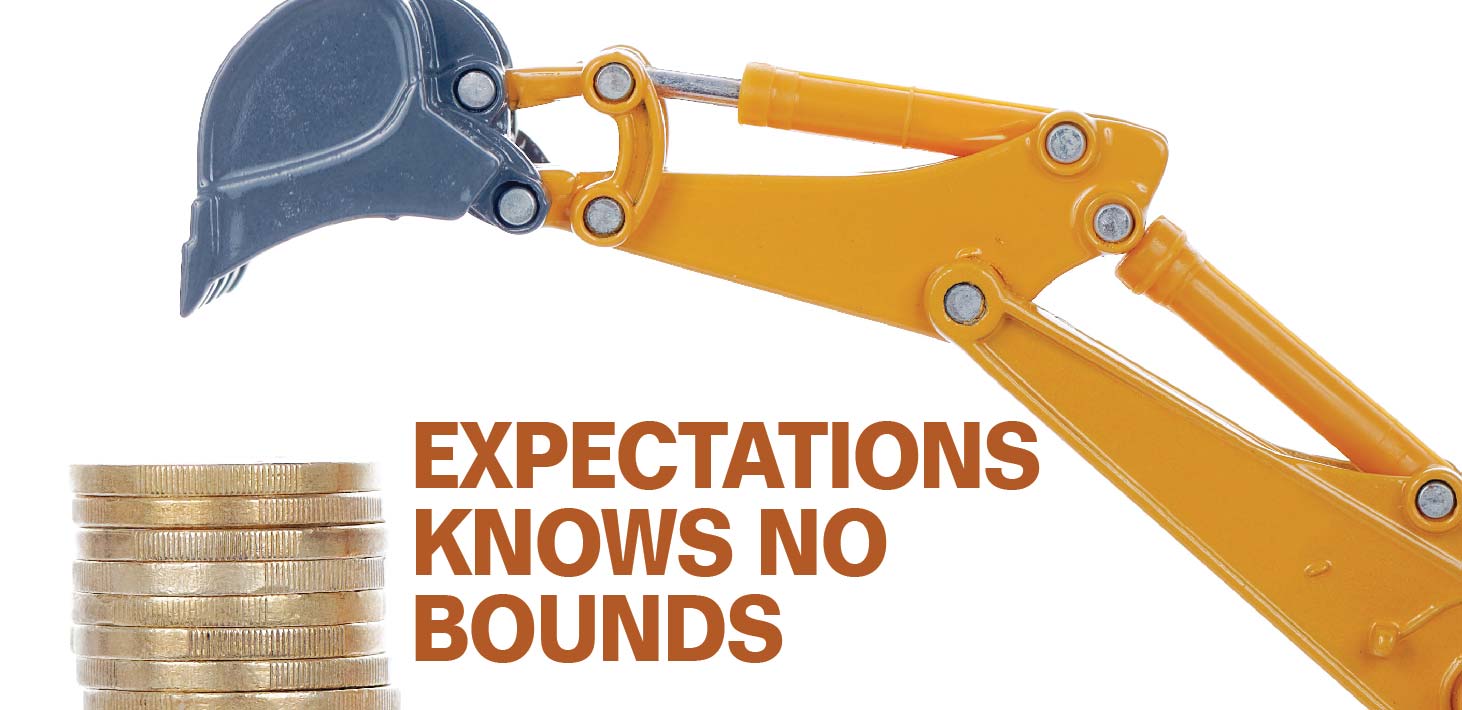This year’s budget holds much expectations for people from all walks of life
By Wafiur Rahman
As we all know, pre-budget discussions with different stakeholders become a ritual on the eve of every budget. This fiscal’s budget is going to be a challenging one on many counts. First, after a political calm for first six months of the current fiscal year, the economy has been engulfed by political violence. The estimated economic losses range between 0.5 to 2 % of the GDP. As compared to a situation of certainty during the first six months; chaos, confusions and uncertainty gripped the economy during the last three months.
Surviving the first-ever acute political crisis, the economy and the society has been back to its normal course of action. It reinforces the argument that the economy has grown resilient over time. Secondly, once crisis becomes a regular incident, economic agents try to recast their portfolio. This is exactly what happened very recently. Despite the turmoil, the economic loss would at best stand at 0.5 % of the GDP. But admittedly, the image crisis has harmed the flow of foreign investment.
Room for Growth
Surely Bangladesh has progressed well in terms of access to energy and expansion of roads. The emphasis has mostly been on road transport rather than on railways or waterways. Road transport requires more lands and it is less environment-friendly whereas railway and water transport require less lands and more environment-friendly. In the next budget, one would also like to see steps taken to revitalise the rural economy. Especially, more resource allocation should be on agricultural research and extension.
Of course, one could question whether the Finance Minister’s expectation of 6.8% would be validated by the existing GDP-investment ratio or prevailing ICOR nor could one accept the projection made by the World Bank which stands at 5.6%. It appears that the WB has outrightly deducted loss of 1% from the GDP growth rate estimate.
The most disconcerting is that private investment in the last decade accounted for 26-27% of GDP . While private investment stagnated, public investment showed only a marginally upward trend. With the present capital-output ratio of 4, the economic growth rate could hardly exceed 6.0%. The question is without investment rate going up, how could we expect a fall in the poverty rate? One could also argue that the attained economic growth is adduced mostly to the informal sector which is unsustainable.
The million-dollar question at the moment is how to boost private investment? To answer this, we need to know the perceptions of enterprises about the constraints they tend to face. In a World Bank-conducted survey in 2007, only 15% of the sample enterprises viewed political instability as the main concern of the private sector. In 2013 survey, the figure rose to 45 %. While electricity was considered as a big constraint by 45% in 2007, it declined to 28% in 2013. Similarly, access to finance appeared as a major concern by 40% in 2007 which reduced to 15% in 2013. Finally, more enterprises see corruption as a major obstacle to investment than in the past. With the survey results we argue that political instability lurk on the horizon as major impediments.
Remedies
In a pre-budget discussion session, Dr Farashuddin, an eminent economist and former governor of the Bangladesh Bank, raised a few pertinent points. First, Bangladesh direly needs to beef up economic growth rate. Of course, the sources of growth are important but inequality and distributional consequences could be faced with separate policy tools.
Second, one needs to be cautious in allowing the private sector to seek foreign funds as it might fuel capital flight. Third, the next budget should see whether micro enterprises in rural areas could get allocation. And fourth, the government should seize upon the opportunities created by the downward trend in oil and commodity prices.
Investors want reduction in corporate tax rate
Investors have urged NBR to reduce the corporate tax rate for the non-listed companies for minimising the gaps between marginal and effective tax rates. “Foreign companies have to pay an extra 15% to 20% tax,’ said a foreign investor, ‘in addition to the regular corporate tax rate due to very high disallowances .” Because of the issues, the effective tax rate becomes 50% to 55% for non-publicly traded companies. Therefore, Bangladesh became non-competitive compared to other markets in the world, they added.
Urging the government to reduce the corporate tax rate, Foreign Investors’ Chamber of Commerce and Industry (FICCI) came up with the proposal that the corporate tax rate should be reduce to 30% and the rate for Mobile phone operator (non-listed) should be reduced at 32.5% from the existing 45%.
CHRONOLOGY OF THE ANNUAL BUDGET SINCE 1972
Finance Minister AMA Muhith announces the country’s 43rd budget for 2014-‘15 fiscal year in parliament on 05 June 2013. Let us revisit who proposed the annual budgets an what the amounts of the annual outlay were over the years:
















